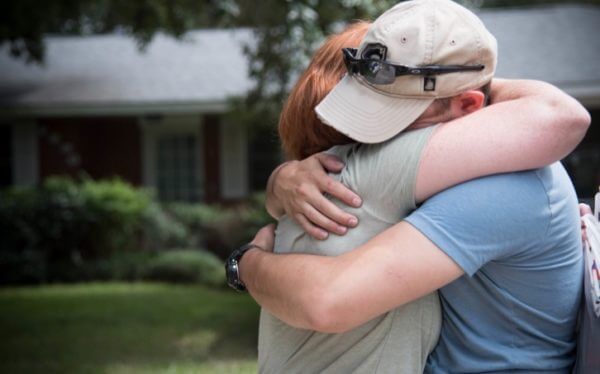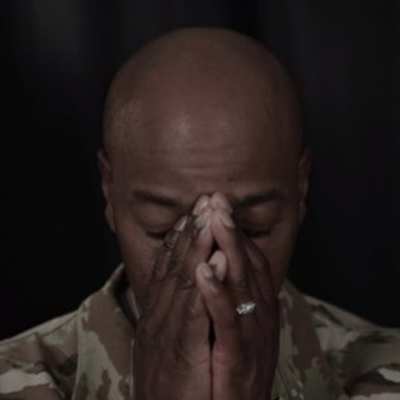In the video, Wright said the pause will be a “break in the daily grind” so units can focus on airmen and their well-being. It won’t be a “one-day effort to check a box,” Wright said, but will begin a longer-term dialogue between airmen, command teams, agencies dedicated to helping airmen and families, and the rest of the Air Force.
Through his spokesman, Senior Master Sgt. Harry Kibbe, Wright confirmed that the pause will be along the lines of the one-day safety stand down the Air Force ordered last year for flying and maintenance wings after a string of troubling, and sometimes fatal, aircraft mishaps and crashes.
The Air Force isn’t dictating how the pause should be conducted, but it will provide resources through its integrated resilience directorate.
Wright wants leaders at the local level to talk to their airmen, find out what’s going on with them, and figure out what they need to do so airmen will come to them if they need help.
And when airmen do step forward, Wright wants leaders to be prepared to provide it, whether it’s guiding airmen to a counselor, a chaplain, mental health treatment, or just by being present and helping them through their issues.
“Airmen do, and will continue, to face issues,” Wright said.
In his letter, Goldfein said he asked commanders last year to visit basic military training at Joint Base San Antonio-Lackland at Texas, where new airmen are made, and consider the question, “How do so many of our airmen transition from unlimited hope on that parade ground to hopeless on our watch?”
“Hopeful to hopeless … what is going on?” Goldfein asked. “It is our job to find out.”
Goldfein also said a young person who had lost a high school friend to suicide recently told him that “young people often see themselves as a burden to others,” and that killing themselves is seen as a way to relieve their loved ones of that burden.
“It got me thinking about how we see our airmen who have been entrusted to our care,” Goldfein said in the letter, suggesting leaders a possible topic for discussion. “Do we see them as a blessing … or as a burden? … Start with an honest assessment of how you see your airmen. How do your airmen see themselves?”
Wright reminded leaders in the video that in all likelihood, someone in their unit is suffering from post-traumatic stress, depression, or feelings of hopelessness and may be considering suicide.
“Give them better options,” Wright said. “Let’s lead them to a better answer.”


